What does WLTP mean? A Beginner’s Guide to EV Terminology
Drive Electric
JANUARY 20, 2022
HEVs are cars that have both a traditional petrol/diesel engine, as well as an electric motor powered by a battery. The technical name for engines that use traditional fuel (petrol/diesel) to create power. Often used to determine the cost of a full charge for an electric vehicle. LEZ : Low Emission Zone.

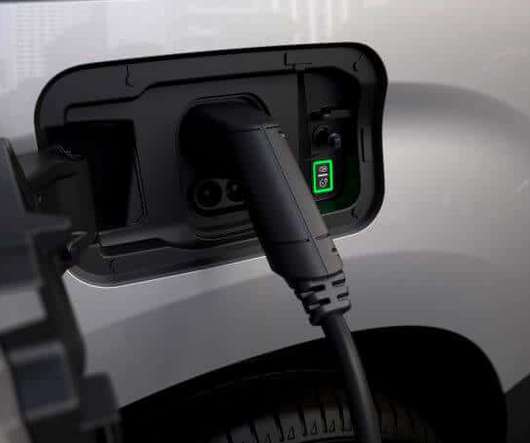
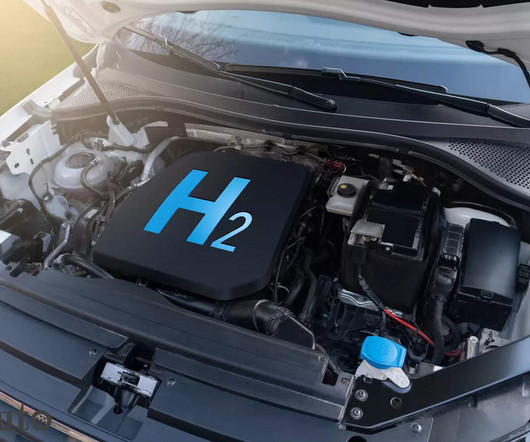




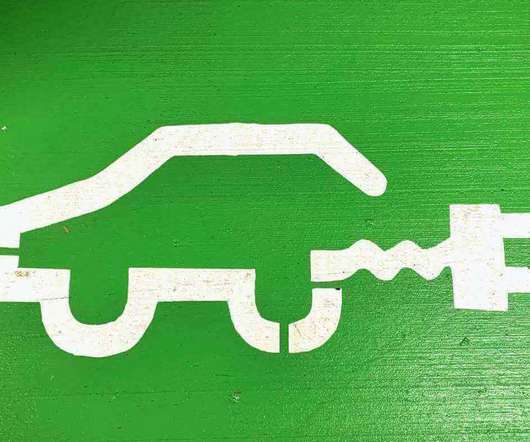


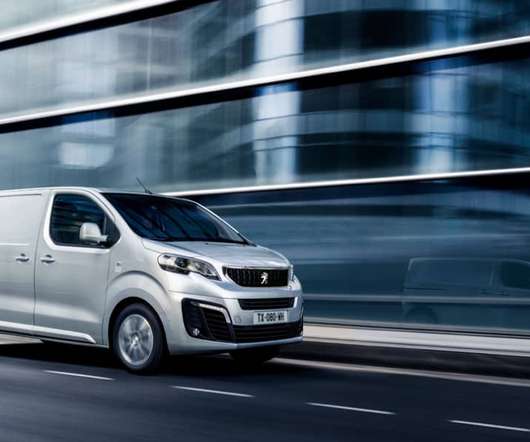



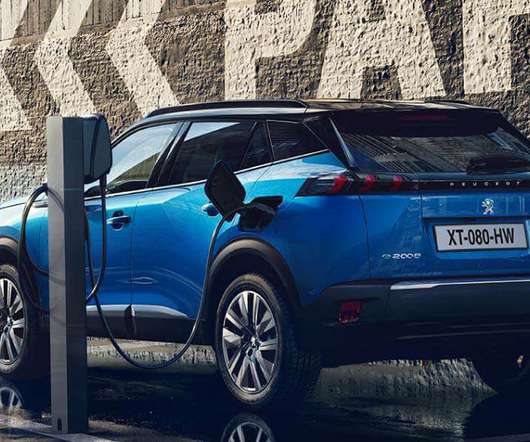
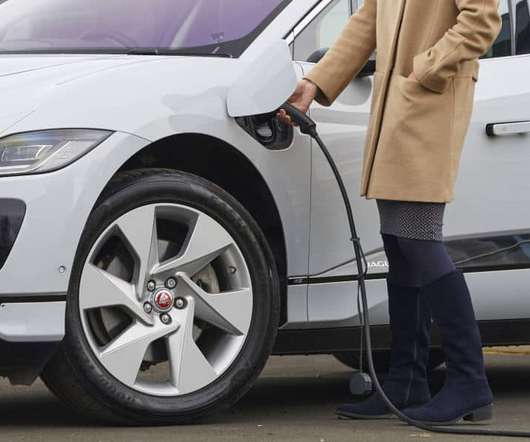








Let's personalize your content